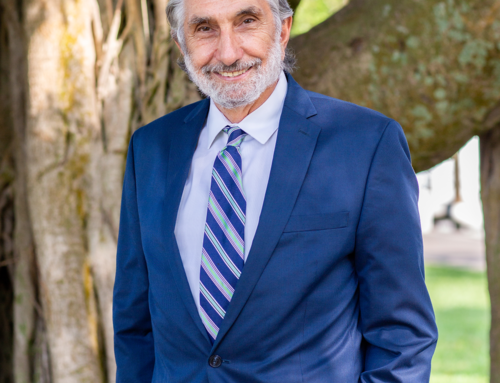When looking to unite with a loved one from abroad, the path is rarely straightforward, so understanding the many marriage-based immigration paths is critical for a fast reunification. Today, we want to look at various options that Florida residents and their loved ones can use – such as the K-1 Fiancé Visa – to embark on this life-changing journey with clarity and confidence.
Marriage-Based Immigration Options in Florida
Florida’s diverse population, including a significant number of international residents, causes many residents to focus on appeasing the United States Citizenship and Immigration Services (USCIS) when they would rather be picking out wedding venues. Luckily, options are available to help bring lovers together lawfully and promptly, key among these being the K-1 Fiancé Visa and CR-1 Spousal Visa.
The K-1 Fiancé Visa is a popular route for those engaged to U.S. citizens, enabling the foreign fiancée to travel to the U.S. for marriage. Meanwhile, the CR-1 Spousal Visa caters to those who are already married to U.S. citizens. The CR-1 visa facilitates the reunion of spouses and embeds them directly into the fabric of Florida’s community as conditional permanent residents.
Key Differences Between the Visas:
- K-1 Fiancé Visa:
- Intended for foreign fiancées of U.S. citizens.
- Requires marriage within 90 days of entry into the U.S.
- Non-immigrant visa, but allows for subsequent adjustment of status to permanent residency.
- CR-1 Spousal Visa:
- For recent spouses of U.S. citizens
- Grants conditional permanent residence upon entry to the U.S.
- Leads to a Green Card and eventual removal of conditions on residency.
A Closer Look at the K-1 Fiancé Visa Process
While intricate, the journey to obtaining a K-1 Fiancé Visa in Florida is a gateway to a shared future for many international couples. This process begins with meeting the eligibility criteria, where the U.S. citizen petitioner and their foreign fiancée must have met in person within the last two years unless exempted due to cultural or religious practices. Both parties must be legally free to marry and intend to do so within 90 days of the foreign fiancée’s arrival in the U.S. After meeting those requirements, the application and approval process starts. Here is that process in greater detail:
Step-by-Step Process for Obtaining a K-1 Fiancé Visa in Florida:
- Eligibility Confirmation: Ensure both partners meet the criteria, including the in-person meeting requirement.
- File Form I-129F: The U.S. citizen files this petition with USCIS.
- Petition Approval and Case Transfer: Upon approval, the case is sent to the National Visa Center and then to the relevant U.S. Embassy or Consulate.
- K-1 Visa Application: The foreign fiancée applies for the K-1 Visa.
- Prepare for the Interview: Gather the necessary documents and undergo a medical exam.
- Attend the Visa Interview: The crucial make-or-break step for visa approval.
- Entry into the U.S. and Marriage: Travel to the U.S. and officially marry within the allotted 90-day period.
CR-1 Spousal Visa Alternative
The CR-1 Spousal Visa is an alternative route for those already married to U.S. citizens, contrasting the K-1 Fiancé Visa designed for engaged couples.
Eligibility for the CR-1 Visa mandates that the marriage is legally valid both in the country where it occurred and under U.S. law. The U.S. citizen spouse initiates the process by filing Form I-130 – Petition for Alien Relative – with USCIS. This form establishes the marital relationship and is the first step in the visa application process. After approval, the application proceeds through the NVC, similarly to the K-1 Visa, followed by the relevant U.S. government agency in the spouse’s home country.
Opting for a CR-1 Spousal Visa offers several significant advantages. Most notably, the foreign spouse gains conditional permanent residency immediately upon entering the U.S., eliminating the need for an additional Adjustment of Status process required by K-1 Visa holders after marriage. This immediate resident status allows the spouse to work without obtaining separate employment authorization, travel in and out of the U.S., and access certain social benefits.
If you need help navigating the complex landscape of immigration law and uniting with your loved one, call the law offices of Probinsky & Cole today. We have office locations in Sarasota, Tampa, and Orlando, Florida.








